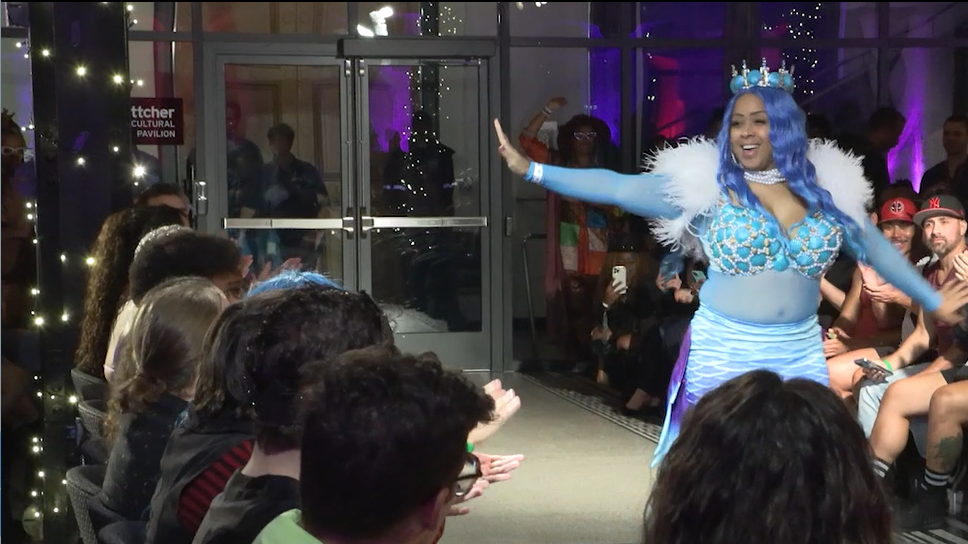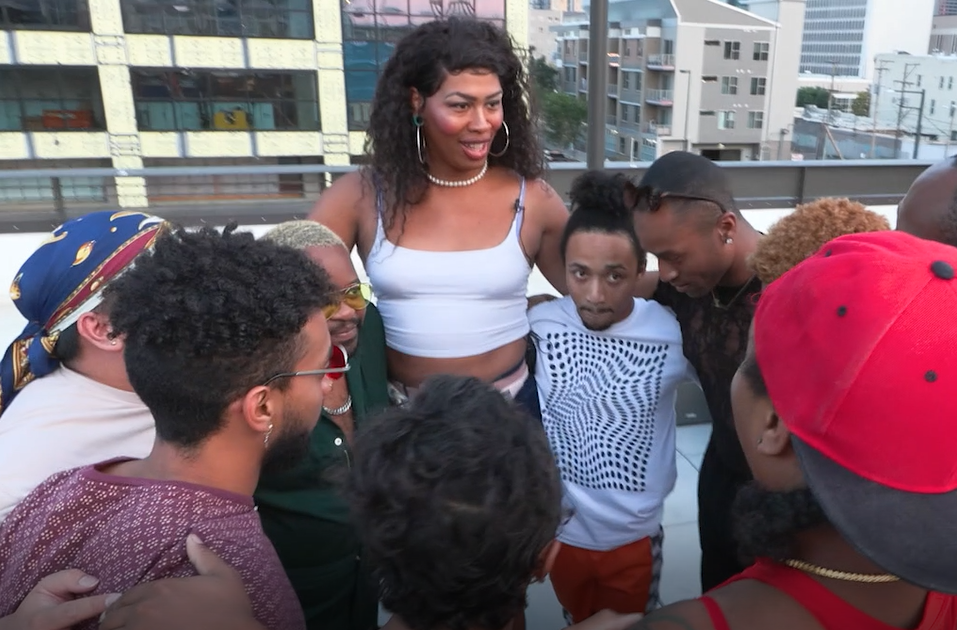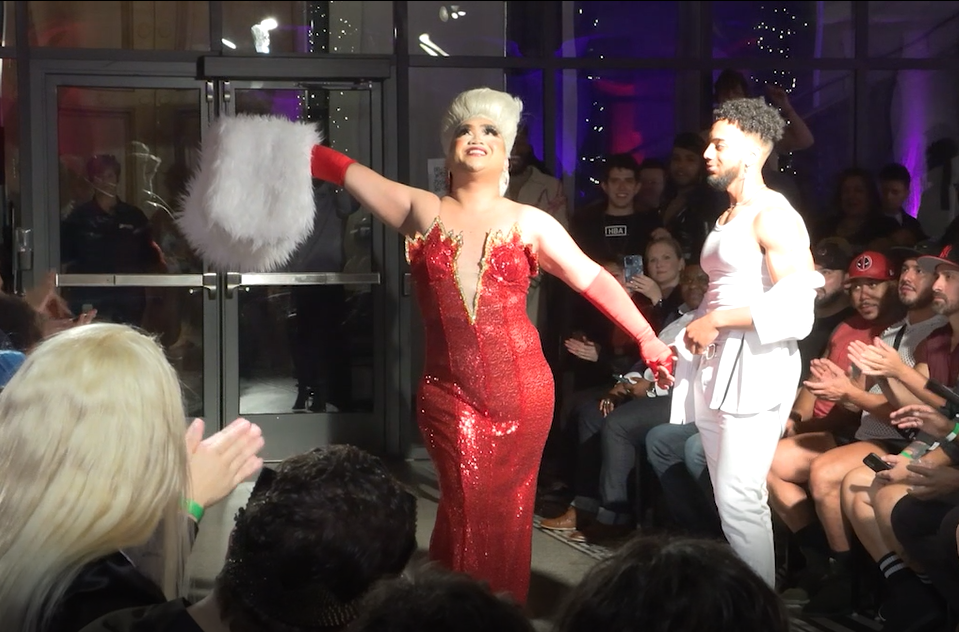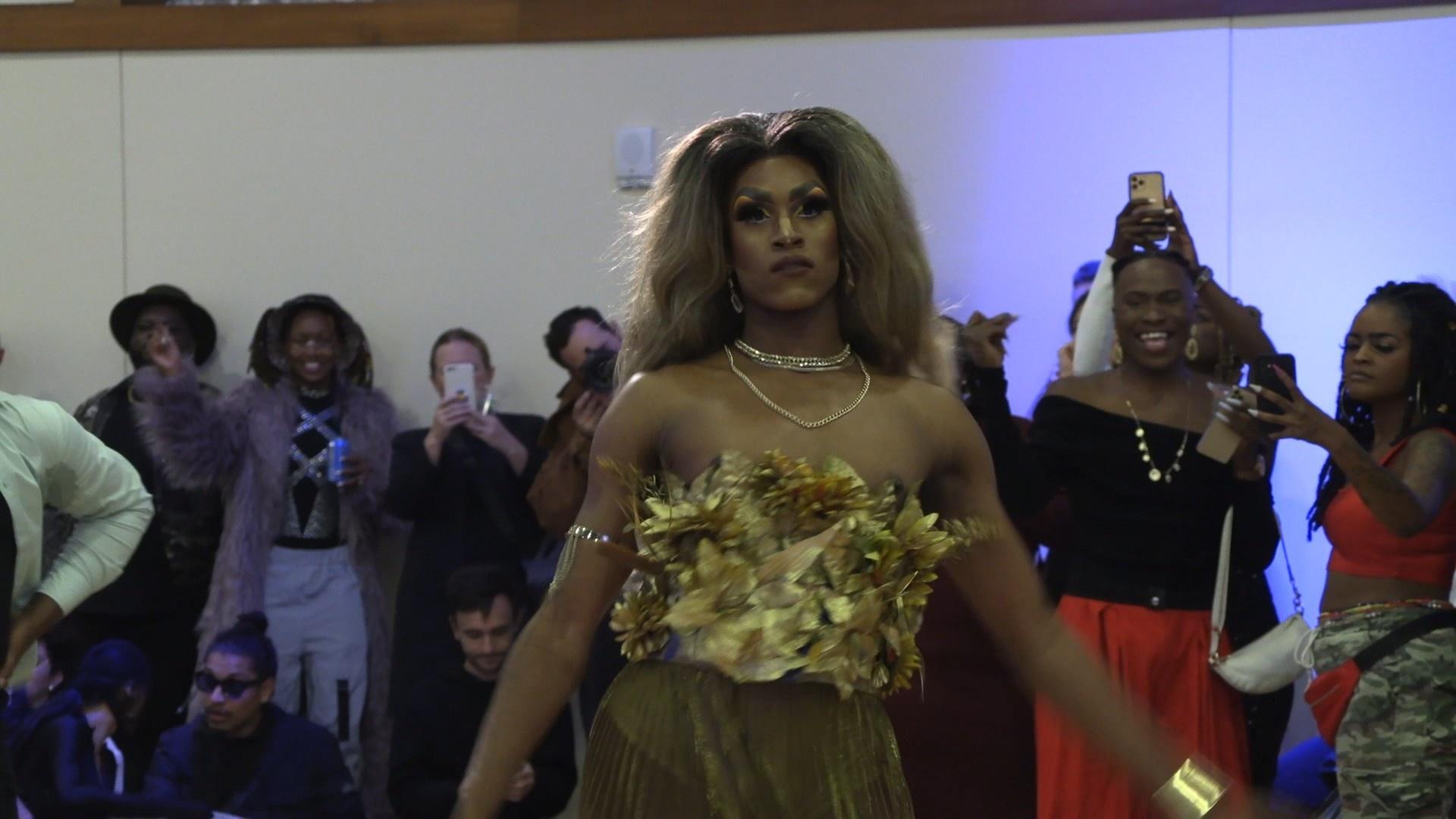DENVER — Imagine walking down an aisle, beautifully lit and lined with your admirers. You’re not in your everyday clothes, either. In fact, you’re in your ballroom finest — a look you designed from head to toe. As you move in your own way down the aisle, your loving audience roars and snaps with joy.
Now, imagine (if you haven’t already lived it), experiencing this level of encouragement after you’ve had a lifetime of quite the opposite — years of people telling you that you, as a human, are wrong. That your beliefs, your appearance, and your personality simply aren’t fit for the world in which you live.
For members of the drag community, this stark transition from being persecuted to celebrated is far more than a performance — it’s healing in action. And it’s an experience the members of the Royal House of Labeija family have had the chance to experience on a regular basis.






